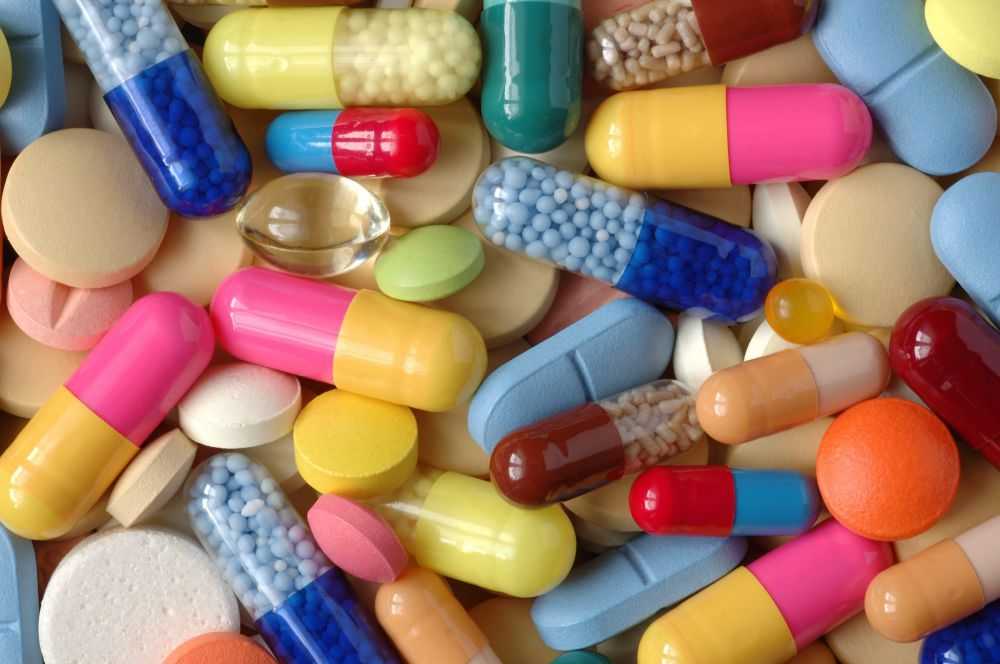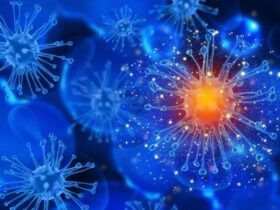On the occasion of Alexander Fleming’s 140th birthday, let’s retrace the fundamental stages of his research together
The medicine it is the only science that can practically change the life of man. How? Avoiding, for example, that this ends for a trivial infection. During the nineteenth and twentieth centuries, numerous scholars have laid the foundations of this wonderful discipline. Often, in an attempt to improve the quality of life of the whole humanity, have lost sight of their own (as in the case of Rosalind Franklin). Chemistry, which died during its very important research, has made a fundamental contribution in the definition of DNA, historically attributed to scientists only Watson and Crick.
This discovery was preceded by another, made by the bacteriologist Alexander Fleming a few years earlier: the penicillin. However, it was not the only one attributable to the scientist: he, in fact, was also the first to discover a very important enzyme, the it’s hard. On the occasion of his 140th birthday, let’s analyze together the scientific and social impact of these discoveries.

Fleming: lucky to be stubborn
It is 1922. There WWI it has been over for a couple of years and for Fleming it has certainly not been a good time. During the numerous battles in which he gave medical support, the scientist repeatedly stressed how much the use of superficial antiseptics, like hydrogen peroxide, was useless for the deep and infected wounds typical of war conflicts. He proposed alternatives aimed at the internal stimulation of the body’s natural defenses, never accepted with enthusiasm by Royal College of Surgeons.
In an attempt to collect results that corroborate his thesis, the bacteriologist was conducting analyzes on a sample of nasal mucus. Observing the latter inside a capsule, he noticed, after a few weeks, the absence of microbes on secretions. These, however, were present throughout the rest of the capsule. To understand more, he decided to repeat the same experience with other human secretions. He pointed out that the same phenomenon also interested them tears.
Through this observation Fleming understood that, within these substances, a enzyme capable of defusing microbes. In short, a mysterious mechanism put in place by the human body to defend itself. With enormous confidence in his intuitions, he decided to isolate him: after a few attempts, he succeeded but the results were disappointing. The action of it’s hard turned out to be very poor towards the pathogenic bacteria and therefore totally useless in the presence of these, just like hydrogen peroxide.
Fortunately, yet another defeat did not destroy Fleming’s enthusiasm who, despite everything, continued to seek fertile ground for his revolutionary ideas.
The train that passed twice
During other experiments, Fleming again noticed, in 1928, an unusual phenomenon. Inside a capsule there was mold: the famous Penicillinum notatum. The scientist pointed out that, in the vicinity of this substance, there was no sign of bacterial culture. From subsequent experiments he highlighted how effective it was against streptococchi, staphylococci and the bacilli of diphtheria. This discovery, however, had an important limitation. It was impossible, for the first few years, to isolate the pure active ingredient and therefore produce a large quantity of it. At the same time, they were marketed and distributed by a well-known pharmaceutical company i sulfamidici, which were accepted with some success, although not very effective in the presence of a strong microbial load.
Once again, Fleming’s results were obscured. This, however, was the last blow to be taken before the rebirth.

From disappointment to revenge: Fleming becomes Nobel Prize
Thanks to the help of other colleagues, like Florey e Chain, Fleming was able to demonstrate how pure penicillin was 10 times more potent than sulfamidici. In August 1942, the scientist understood for the first time the validity of his assumptions: thanks to the use of penicillin, a man in very serious condition recovered from meningitis.
This event aroused the interest of numerous pharmaceutical companies. The scholars thus decided to join forces to achieve a common goal: to understand how to produce, in large quantities, the portentous group of molecules.
Finally, the strength and commitment of Fleming were adequately recognized: on October 25, 1943, the bacteriologist received the prestigious Nobel Prize.
Why was this discovery so important?
The Penicillin was, to all intents and purposes, the first antibiotic discovered. In fact, it had excellent results against infections from gram positive bacteria. It is thanks to this family of molecules that today diseases such as syphilis and the pneumonia they have a significantly lower mortality rate.
Beyond the important short-term results, this discovery has broadened the frontiers of scientific research. In a short time, coverage was extended to include illnesses due to Gram-Negative bacteria. In fact, new antibiotics were created and perfected over the following years, such as chloramfenicolo and the tetracicline.

Medicine is made up of small, big steps. Thanks to the work and sacrifice of illustrious minds like Fleming e Franklin, the lives of thousands of people have been spared. Some still struggle to understand the key role of science in daily well-being: unfortunately, one dies of ignorance (especially in the midst of a global pandemic). The antipyretic, the accident prevention shoes, the Wifi connection, i means of transport: every possibility is the result of progress. Dear Fleming, forgive us. Humanity falls short of your stubbornness: today more than ever.















Leave a Reply
View Comments